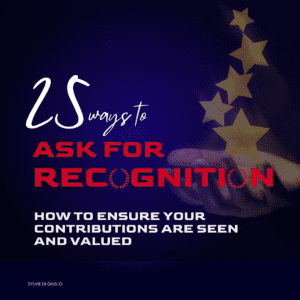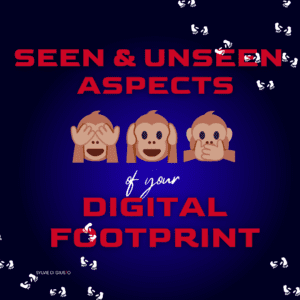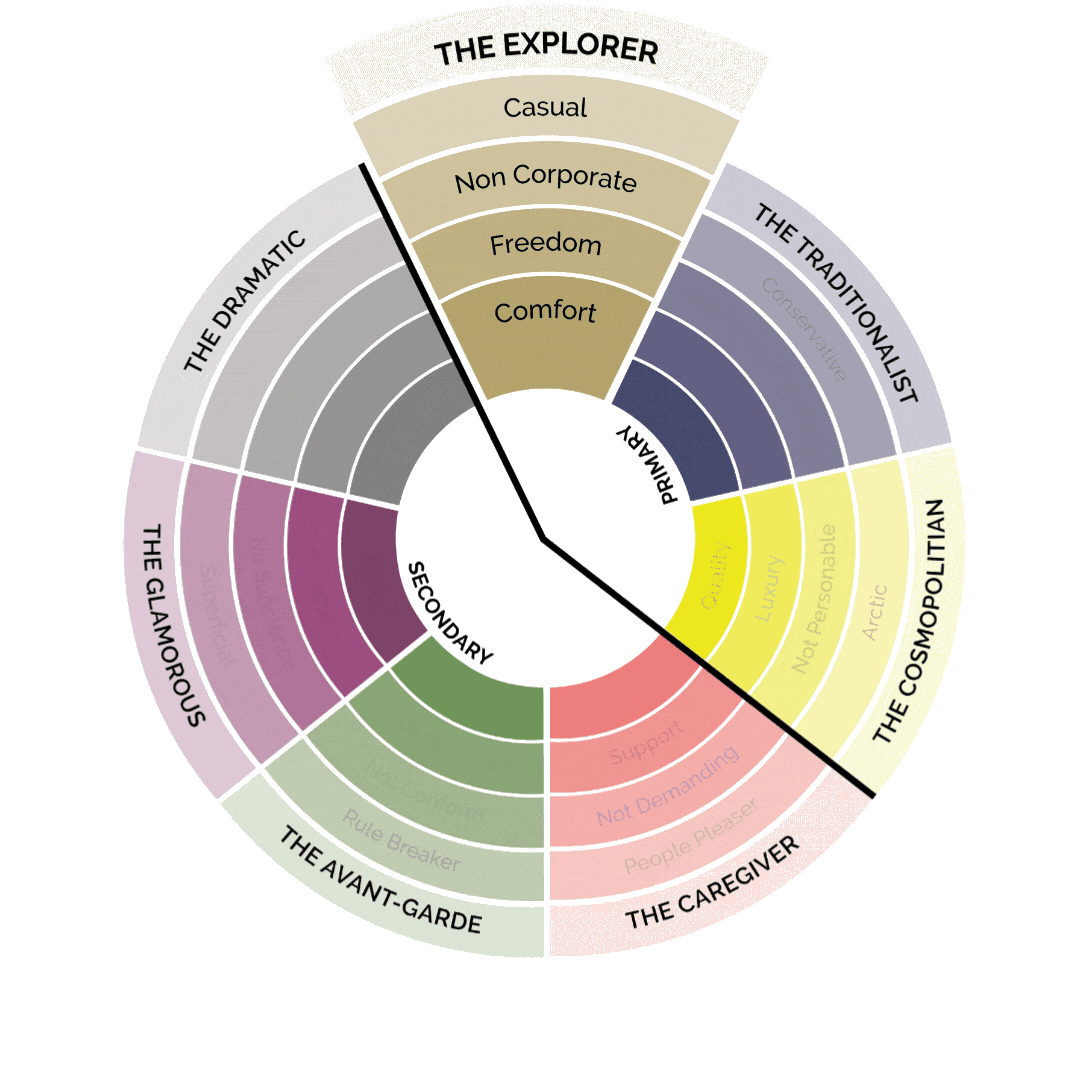THE POWER OF PERCEPTION IN INTELLIGENCE
Building strong relationships and effectively navigating the complexities of the modern workplace requires more than just technical skills. Emotional Intelligence (EI) plays a pivotal role in how we perceive others and, in turn, how we are perceived. By understanding and developing EI, we can enhance our professional interactions and create a positive and inclusive work environment. So, let’s embark on this journey of understanding and discover how unlocking the power of Emotional Intelligence can transform our workplace dynamics.
What is Perception in Emotional Intelligence? Understanding the Basics
Perception in emotional intelligence refers to the way we interpret and make sense of the emotions, behaviors, and intentions of others in the workplace. It involves gathering information through observation, listening, or picking up on non-verbal cues. Our perceptions heavily influence our judgments, decisions, and interactions with colleagues, clients, and decision-makers.
Perception is a multifaceted process that goes beyond surface-level observation. It involves understanding the underlying emotions and motivations that drive people’s actions. By honing our perceptual abilities, we can gain valuable insights into the thoughts, feelings, and needs of those around us.
To dive deeper into the concept of perception, consider taking a perception audit available at sylviedigiusto.com/audit. This assessment can provide valuable insights into your own perceptual biases and tendencies, helping you become more self-aware and mindful of your perception in the workplace.
Emotional Intelligence and Self-Perception—The Inner Mirror
Self-perception is an essential aspect of Emotional Intelligence. It involves understanding and interpreting our own emotions, strengths, weaknesses, and values. By developing self-awareness, we can gain insights into how our emotions impact our thoughts, behaviors, and relationships in the workplace.
Improving Self-Awareness
Self-awareness is the foundation of self-perception. By being attuned to our internal landscape, we can better manage our emotional responses and make more conscious choices. It also allows us to identify our strengths and weaknesses, enabling us to leverage our strengths (or, as I call it in my latest book, your Fair Advantage) and work on areas that require improvement. It helps us align our actions with our values, fostering authenticity and integrity in the workplace.
Embracing Growth Mindset
Emotional Intelligence and self-perception go hand in hand with a growth mindset. Embracing a growth mindset means seeing challenges as opportunities for growth and learning. It involves viewing failures as valuable lessons and maintaining a positive and resilient attitude. By adopting a growth mindset, we become more adaptable to change, open to feedback, and willing to step out of our comfort zones. This mindset not only enhances our self-perception but also allows us to embrace continuous personal and professional development.
Building Authenticity and Confidence
Authenticity and confidence are integral to self-perception. Embracing our unique strengths, values, and perspectives allows us to show up authentically in the workplace. When we are true to ourselves, we build trust and credibility with others, fostering genuine connections. Once again, allow me to refer to my latest book, Discover Your Fair Advantage.) Confidence, when coupled with humility, empowers us to express our ideas and opinions with conviction. It enables us to take calculated risks and contribute meaningfully to team dynamics. By nurturing authenticity and confidence, we elevate our self-perception and create a positive impact on those around us.
Emotional Intelligence and Social Perception—Cracking the Code of Others
Social perception in Emotional Intelligence involves accurately perceiving the emotions, needs, and intentions of others in the workplace. It enables us to understand their perspectives, communicate effectively, and build meaningful connections.
Enhancing Empathetic Listening
Empathetic listening involves actively and attentively listening to others, seeking to understand their emotions and perspectives. By practicing empathetic listening, we create a safe space for open communication and demonstrate our genuine interest in others’ experiences. To enhance your empathetic listening skills, I recommend checking out Heather R. Youngers latest book, where you’ll find practical tips and techniques to become a better listener.
Practice Perspective-Taking
Perspective-taking is the ability to step into someone else’s shoes and understand their viewpoint. It requires us to set aside our biases and preconceptions and genuinely consider the perspectives of others. By engaging in perspective-taking, we foster empathy, promote inclusivity, and build stronger relationships in the workplace.
Read Non-Verbal Communication
Non-verbal communication plays a significant role in social perception. It involves paying attention to body language, facial expressions, and tone of voice. Being mindful of non-verbal cues allows us to better understand the emotions and intentions behind others’ words, fostering effective communication and building trust.
By honing our social perception skills, we can foster stronger collaborations, resolve conflicts more effectively, and build a positive and inclusive work environment. Perception is a fundamental aspect of Emotional Intelligence, influencing how we interpret and respond to others in the workplace. By developing self-perception and social perception skills, we can enhance our ability to understand and connect with colleagues, clients, and decision-makers.
Through self-perception, we gain a deeper understanding of our own emotions, strengths, and values, allowing us to navigate the workplace with authenticity and confidence. Social perception enables us to accurately perceive the emotions, needs, and intentions of others, fostering empathy, effective communication, and stronger relationships.
Remember, Emotional Intelligence is a lifelong journey. Continuously developing and practicing these skills will not only benefit you personally but also positively impact the dynamics of your workplace.
Also check out 5 Emotional Intelligence Tools in a Nutshell
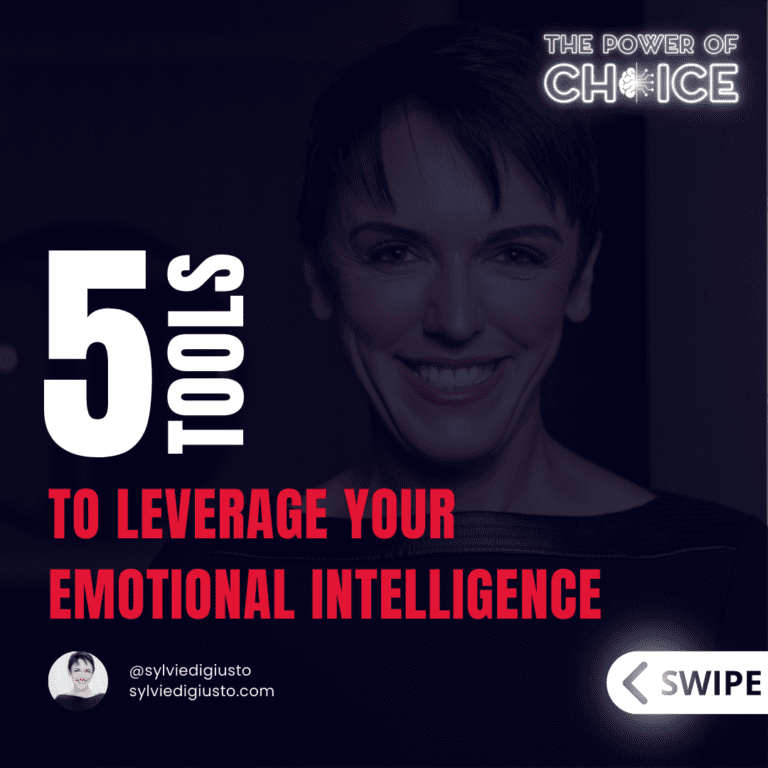
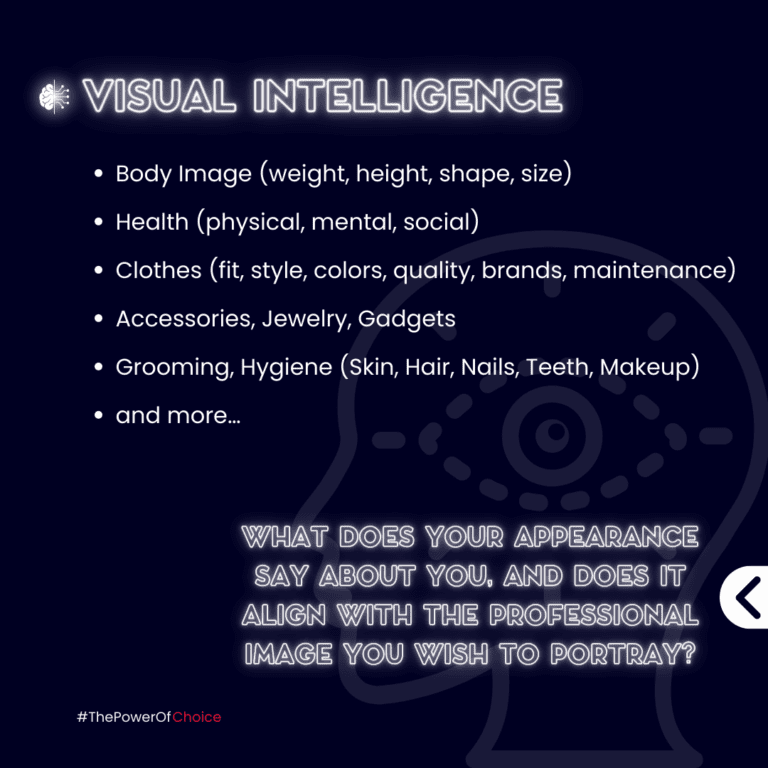
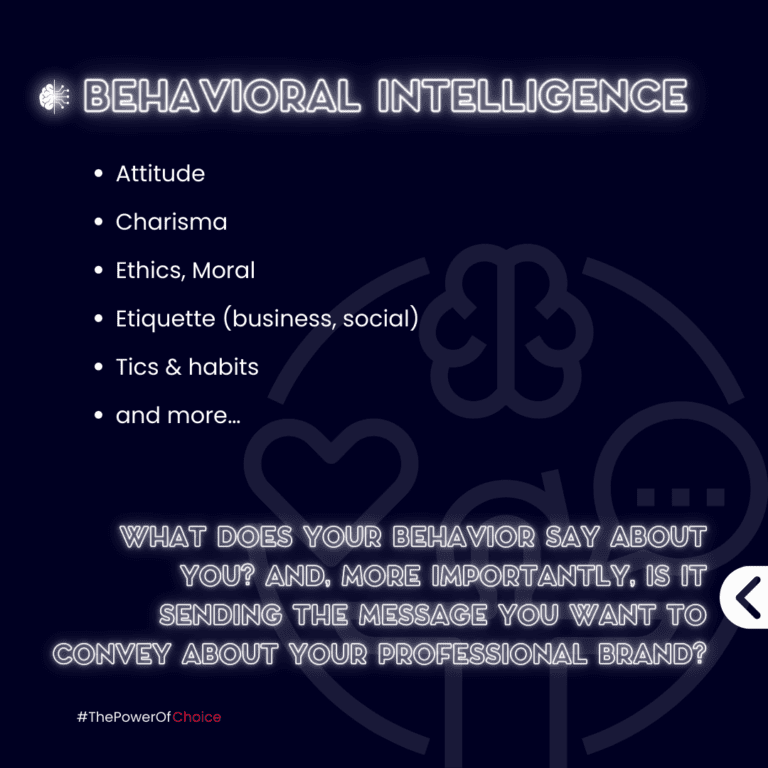
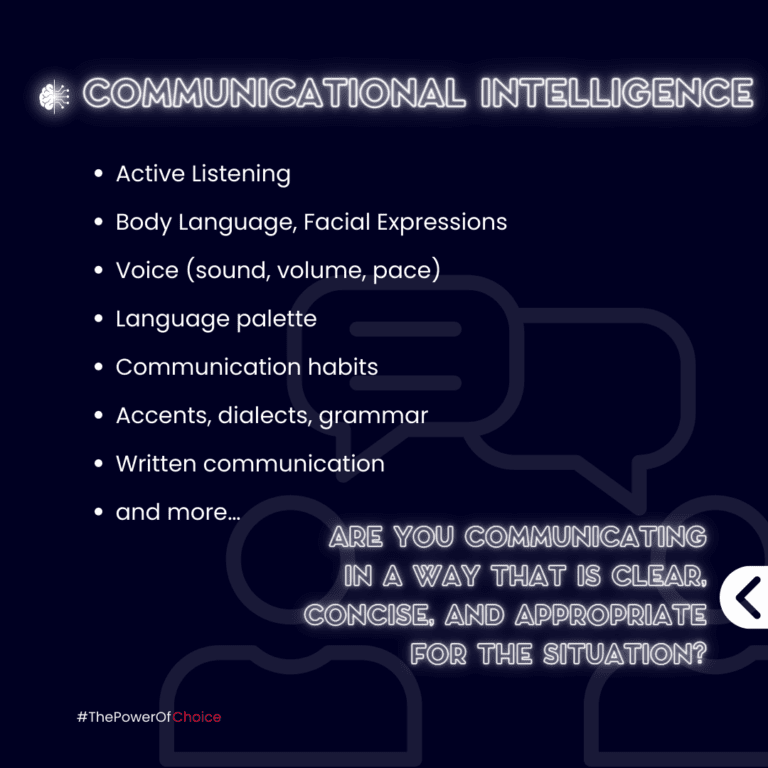
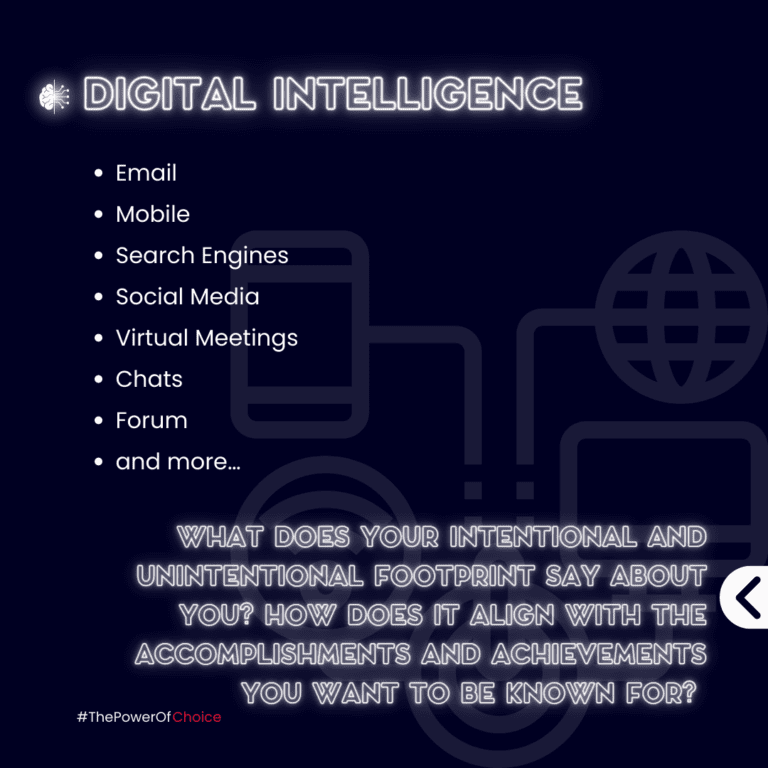
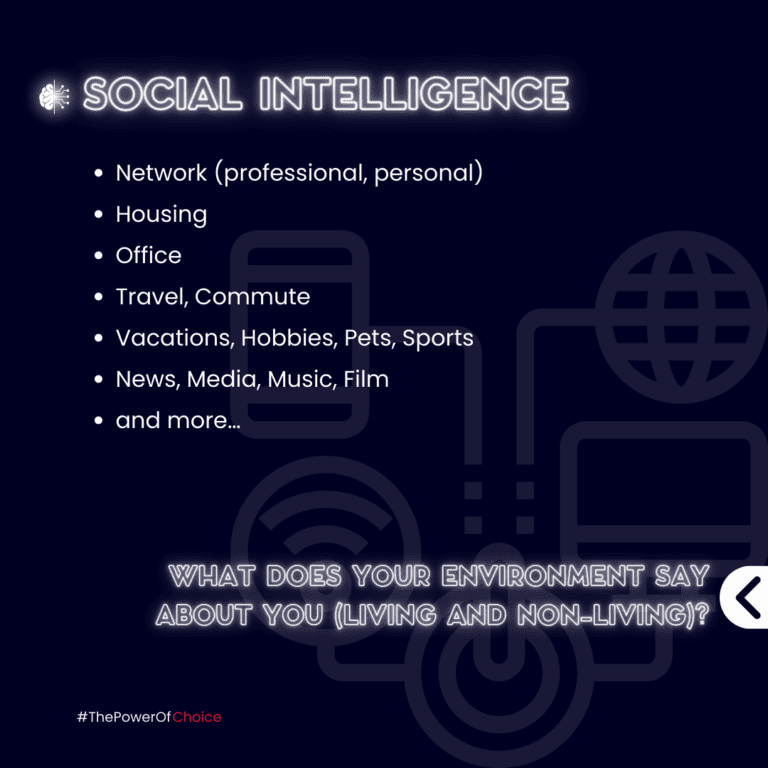

PS: Interested in more content like this? Make sure to follow me on Instagram. It’s where I visualize and publish my thoughts daily. I hope to see you there.
